Publications
Articles, publications, books, tools and multimedia features from the U.S. Institute of Peace provide the latest news, analysis, research findings, practitioner guides and reports, all related to the conflict zones and issues that are at the center of the Institute’s work to prevent and reduce violent conflict.
Question And Answer
Amid a Changing Global Order, NATO Looks East
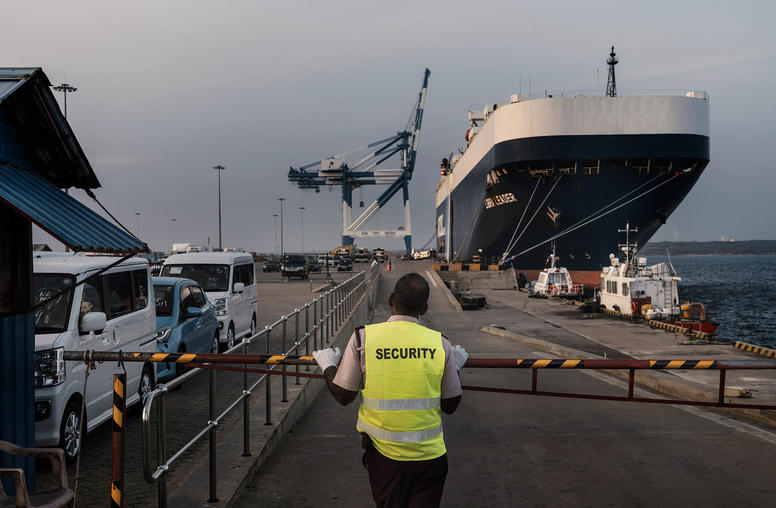
Indian Ocean Basing and Access: How Smaller States Navigate Major Power Competition
In late July, Sri Lankan President Ranil Wickremesinghe traveled to New Delhi to meet with Indian Prime Minister Narendra Modi. The trip addressed several important issues, such as greater connectivity. However, there was one item on the agenda that did not receive much media attention despite its potential impact on Indian Ocean regional security: Sri Lanka’s new standard operating procedure (SOP) to determine which military and non-military ships and aircraft may visit the country.
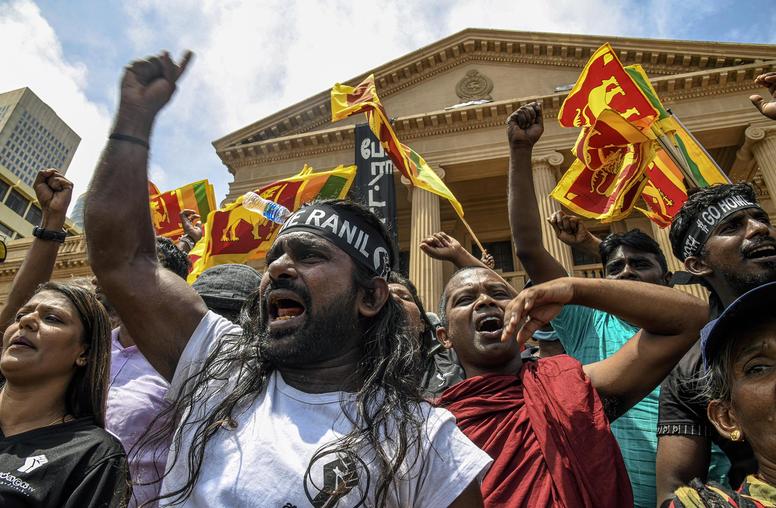
A Year After Mass Protests, Sri Lanka’s Governance Crisis Continues
One year after the Sri Lanka’s massive unrest, known as the Aragalaya protests, the country is still dealing with the aftermath of its most devastating economic crisis since independence, a government without popular support and intensifying geopolitical competition in its neighborhood. The protests, spurred by the economic crisis, led to mass resignations across the government with former President Gotabaya Rajapaksa fleeing the country in July 2022. In the year since, the country has secured an IMF agreement, and its economy has ambled toward a slow path of recovery. However, there have still been concerns on the human rights front as the current government of Ranil Wickremesinghe has clamped down on further protests and continually postponed elections.

Tamanna Salikuddin on the Crisis in Sri Lanka
Despite loosening former President Gotabaya Rajapaksa family's powerful grip on Sri Lankan politics, there's still "a crisis of legitimacy in the country, where people see the leadership can’t deliver" on issues like reconciliation, political reform and addressing the devastating economic crisis, says USIP's Tamanna Salikuddin.
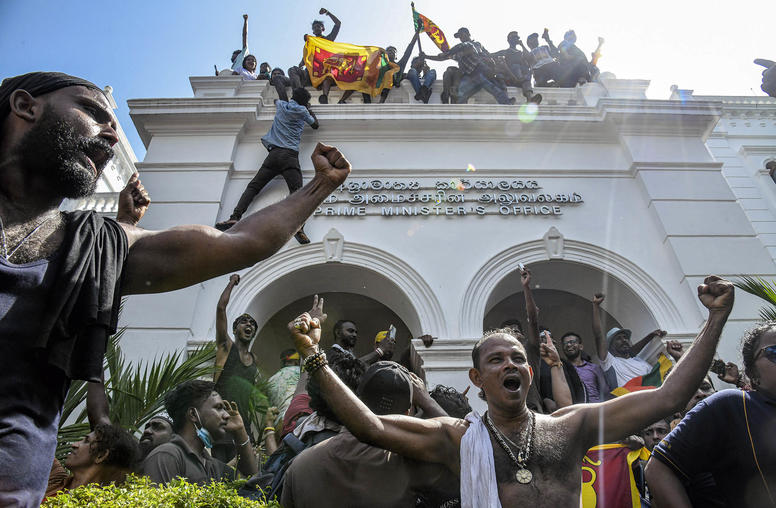
Sri Lanka Teeters on the Brink
Sri Lanka is grappling with its most serious political and economic crises since its independence in 1948. Navigating these interlinked crises will require reforming the South Asian island nation’s constitution to reduce the power of the executive presidency and securing a bailout from the International Monetary Fund (IMF), according to experts.
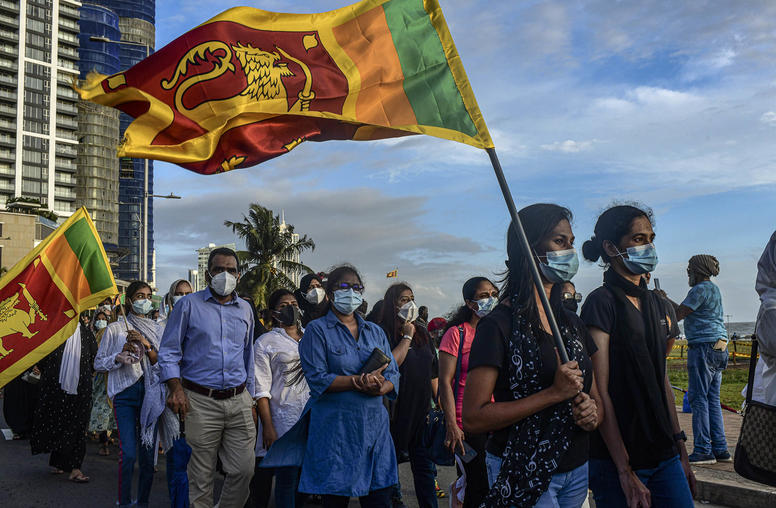
Five Things to Know about Sri Lanka’s Crisis
Following months of escalating protests, and the May resignation of his brother Prime Minister Mahinda Rajapaksa, Sri Lankan President Gotabaya Rajapaksa fled the country on July 13. Sri Lanka’s economy has hit rock bottom as it defaulted on international loans and is facing rampant fuel and food shortages, and the government imposed a state of emergency. Gotabaya’s flight from the country leaves the government in further disarray. How did Sri Lanka get here and what does this political and economic crisis mean for the country and the region?
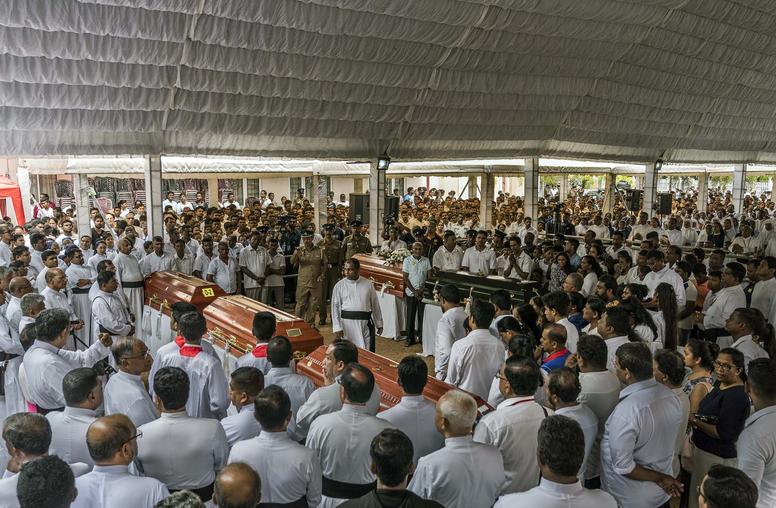
Two Years After Easter Attacks, Sri Lanka’s Muslims Face Backlash
Two years after the Easter Sunday attacks that left 269 dead and injured more than 500, Sri Lanka’s Christian community is still waiting for justice while its Muslim community is reeling from the backlash that followed the bombings. Recent government restrictions targeting Muslims have exacerbated religious tensions in the South Asian nation and risk alienating large portions of the community.
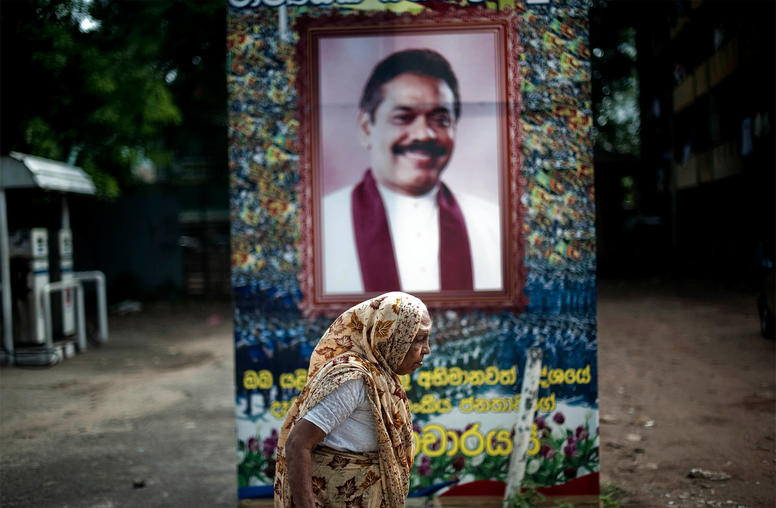
Sri Lanka’s Election Helps Cement the Rajapaksas’ Return to Power
The Sri Lanka People's Front (SLPP) gained a parliamentary supermajority earlier this month in what was the first major election held in South Asia since the coronavirus pandemic began. The results solidified the political power of Prime Minister Mahinda Rajapaksa and his brother, President Gotabaya Rajapaksa, who had dissolved the previous parliament shortly after he was elected last year. USIP’s Jumaina Siddiqui, Tamanna Salikuddin and Vikram Singh look at whether the polls were free and fair, what the landslide victory means for Sri Lanka as the country continues its recovery from civil war, and how the election impacts South Asia.
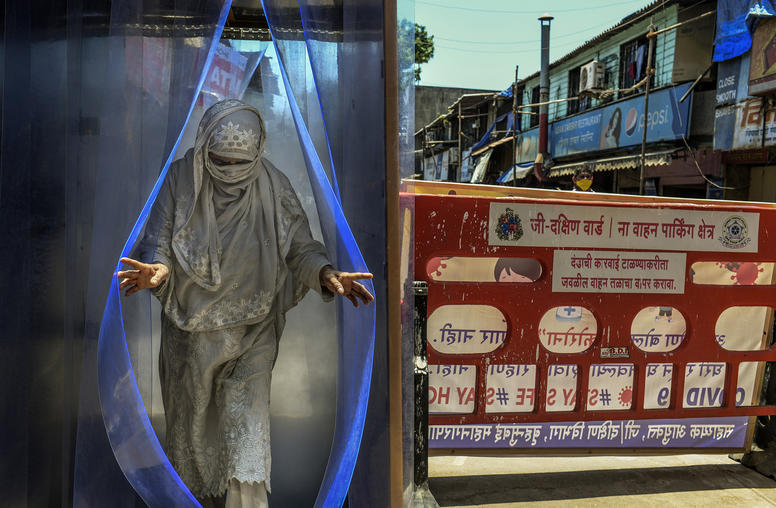
Coronavirus Tightens its Grip on South Asia
In South Asia, home to some of the world’s most densely populated nations, the COVID-19 pandemic has tightened its grip—causing infections to soar, battering economies, and plunging many into poverty. Governments have mostly struggled to cope.
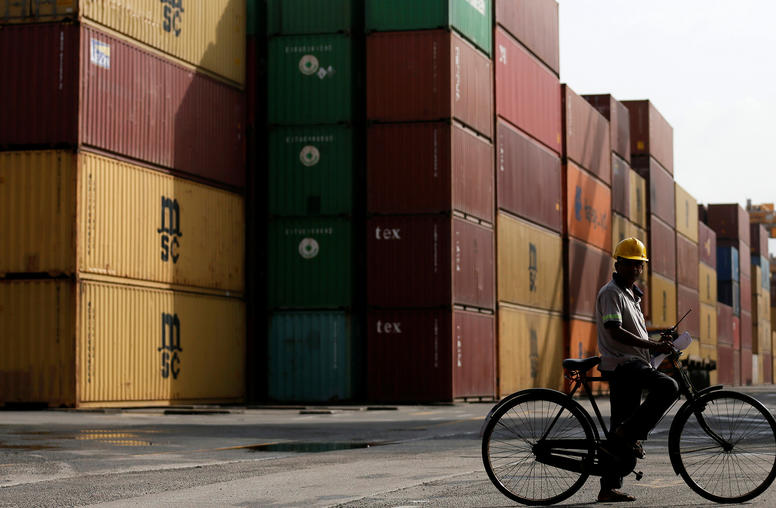
China’s Engagement with Smaller South Asian Countries
When the government of Sri Lanka struggled to repay loans used to build the Hambantota port, it agreed to lease the port back to China for 99 years. Some commentators have suggested that Sri Lanka, as well as other South Asian nations that have funded major infrastructure projects through China’s Belt and Road Initiative, are victims of “China’s debt-trap diplomacy.” This report finds that the reality is...
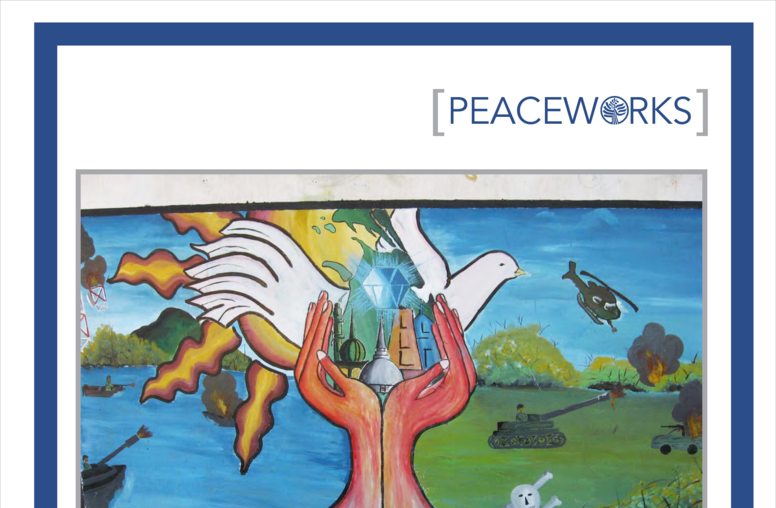
Does Reconciliation Prevent Future Atrocities?
What are atrocity crimes, why and when do they arise, and how can peacebuilding practice help to prevent them? This report delves into the conceptual foundations of reconciliation and atrocity prevention in the context of Sri Lanka’s history of conflict and ongoing reconciliation process, analyzing institutional-level reconciliation efforts and drawing from a randomized field experiment in an interpersonal reconciliation program. It suggests that by understanding the conditions under which reconciliation is most effective, peacebuilding practice will be better placed to achieve its goals after violent conflict.